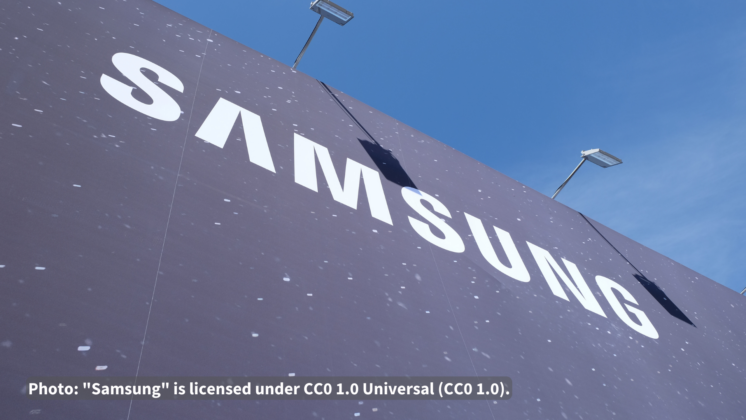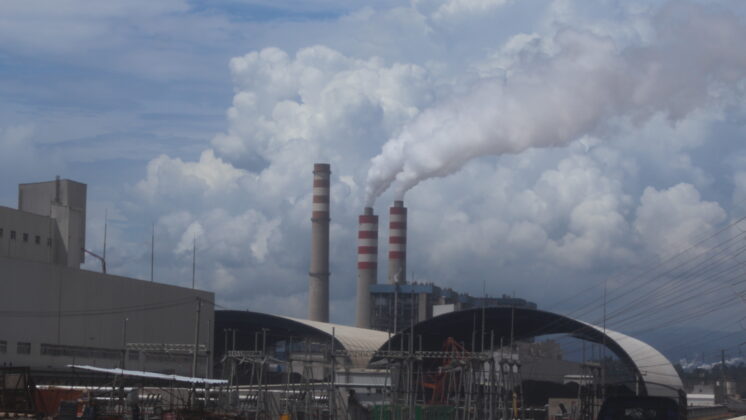The WIDE Annual Conference “Migration in the Context of Globalisation: Women’s Human Rights at risk”, which recently took place in Romania critically assessed how in times of crises, migration, trade, economic development and globalization impact women’s lives. Women today account for almost half of the migrant population globally. Female migration patterns have changed, with more women migrating as ´autonomous´ actors - a trend that is called the feminisation of migration. Many women choose to migrate as a way to deal with poverty and discrimination. Migration is a gendered process, with gendered modes and paths, gendered interests and motivations and gendered forms of remittances.
Women today account for almost half of the migrant population globally. Female migration patterns have changed, with more women migrating as ´autonomous´ actors - a trend that is called the feminisation of migration. Many women choose to migrate as a way to deal with poverty and discrimination. Migration is a gendered process, with gendered modes and paths, gendered interests and motivations and gendered forms of remittances.
The Women In Development Europe (WIDE) Annual Conference “Migration in the Context of Globalisation: Women’s Human Rights at risk”, which took place in Bucharest, Romania, from 3-5 June 2010, critically assessed how in times of crises, migration, trade, economic development and globalization impact women’s lives.
“The ongoing multiple and interlinked crisis poses real challenges to the livelihoods of many migrant women”, - says Barbara Specht, an Advocacy Officer at WIDE. “They face challenges in terms of job losses, increasing informalisation of employment, lower wages, disproportionate and increasing burden of care responsibilities and a reversal of achieved empowerment and autonomy”.
„In the globalised world of today, migration is more important than ever. Since the West needs cheap, feminised labour because of their ageing populations and young families, it is of a core importance to ensure that gender equality is taken up into migration policies. West/North women must devise ways with which to make an equitable world, where everyone is treated in equality and dignity“, says Filomenita Mongaya- Høgsholm, a founding chair of Babaylan, the Philippine Women’s Network in Europe.
Click here to read more.
Women In Development Europe (WIDE) is a European feminist network of women´s organisations, development NGOs, gender specialists and women´s rights activists.
WIDE monitors and influences international economic and development policy and practice from a feminist perspective.
WIDE´s work is grounded on women´s rights as the basis for the development of a more just and democratic world order and the search for alternative approaches to the economic mainstream.
WIDE enables members and partners to articulate alternatives to the negative impacts of globalisation, and makes feminist alternatives visible. Through the dissemination of our research and analysis, WIDE promotes gender equality and social justice.











